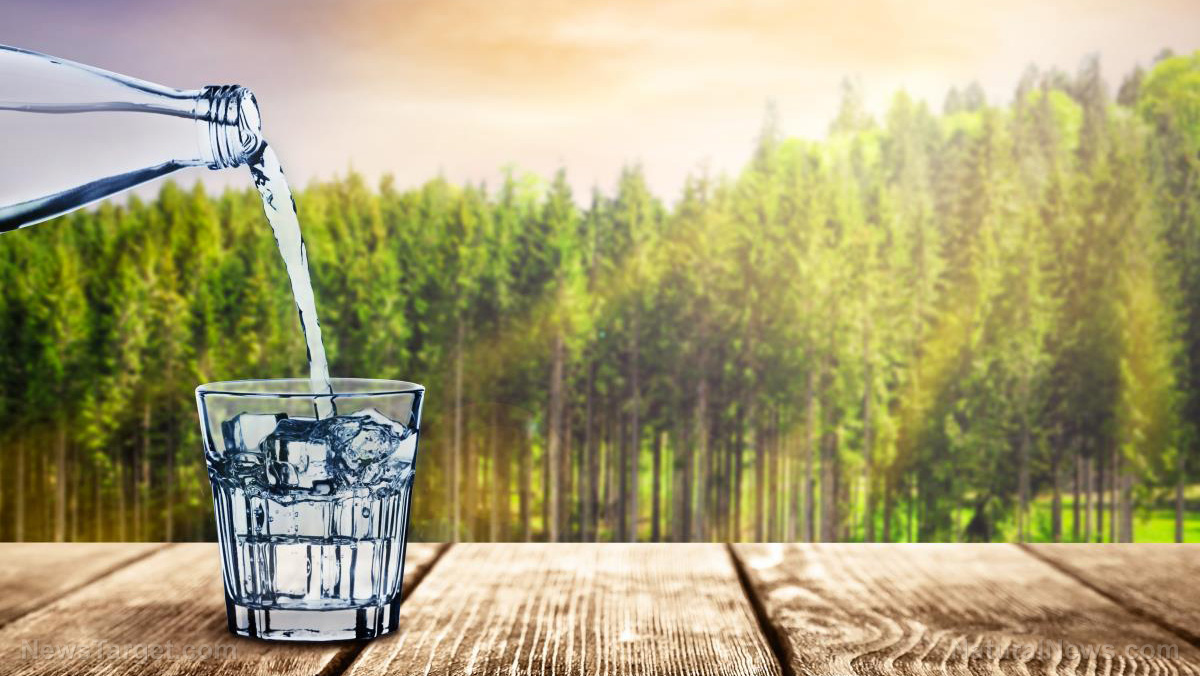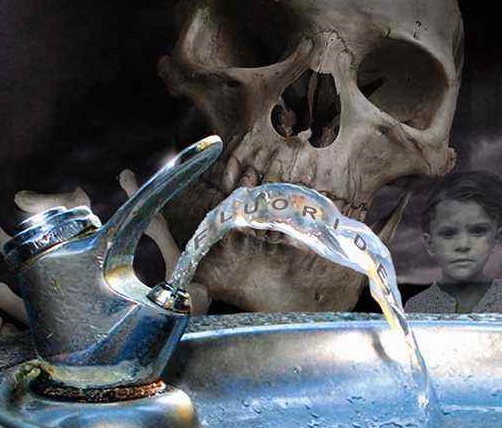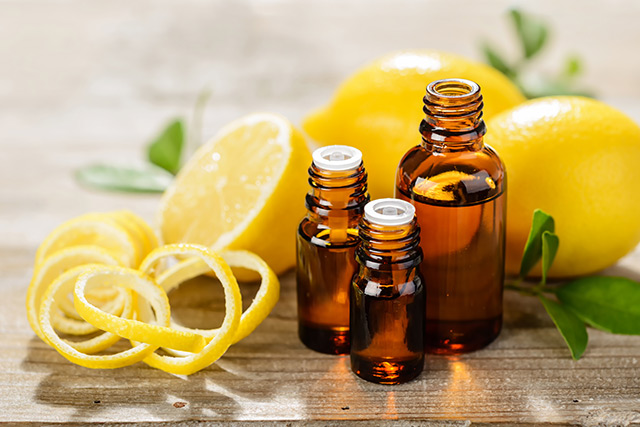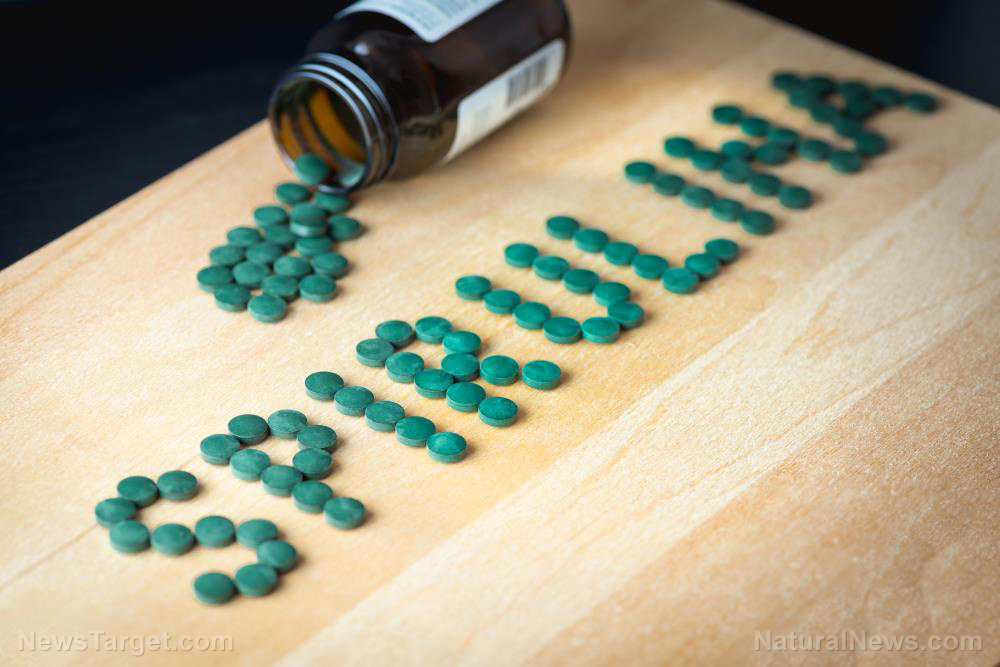 Parler
Parler Gab
Gab
Using silver as a water preservation agent
Silver is known for its antibacterial properties. It can eliminate bacteria, fungi and other microorganisms. Silver ions can penetrate bacterial cells when released into liquids and surfaces. The silver ions then disrupt the metabolic processes that allow these cells to survive. Silver ions bind to the bacteria’s cell membranes and blocking the cells from receiving nutrients causes cell death. When SHTF, you can use silver if you want to stay off-grid and live a more sustainable lifestyle. Pure silver can be used to treat water and prevent the growth of bacteria that can make it unsafe for human consumption. Silver can also help create antibacterial surfaces, ensuring proper hygiene and providing protection from disease.Is water exposed to silver safe to drink?
When used properly, silver is an effective method for water purification. The precious metal is non-toxic and can be used to purify large volumes of water. Silver is more affordable than other water purification methods. This makes silver an ideal choice for preppers and homesteaders. In the past, silver was used as a natural antimicrobial agent. To do the same now, place a solid silver coin into a water bottle to help kill any bacteria that may try to form in the water. While an unusual method compared to other modern options, silver coins are worth considering if you are looking for a lightweight and cost-effective way to ensure that the water in your stockpile is always safe to drink. The silver from a silver coin will not contaminate the water in your bottle. (Related: Prepping tips: How to survive with a limited water supply.)Use real silver
Make sure you know how to tell solid silver from silver-plated coins. Silver-plated coins could lose their plating, which can release other metals that may be harmful into your water supply. To test the authenticity of a coin, use a magnet. Silver is not magnetic. If the coin is attracted to the magnet, it is not pure silver. You can also try a nitric acid test to see if a coin is silver or only silver-plated. To do this test, rub a small drop of nitric acid onto your silver coin. If the coin is silver, the acid will not react and a silver coin will remain unchanged. If the coin is silver-plated, the acid will create a dull spot and discolor it. Before SHTF, look for genuine silver coins. Check online retailers who may offer a wide selection of silver coins in various sizes, denominations and styles. You can also get rare or collectible silver coins from coin dealers and pawnshops. Many banks and credit unions may offer silver coins. Check these places if you want to purchase more coins for your survival stockpile. Alternatively, you can visit local coin shows and conventions. They offer a wide selection of silver coins that will fit your various prepping needs.Other alternatives to silver coins
If you don't want to spend money on silver coins, you can try other options that are easier on the budget. Some preppers and survival enthusiasts use silver metal drops or colloidal silver to kill bacteria in water. This method is simple and it requires only a few drops of colloidal silver in a water container. Keep in mind that colloidal silver can be expensive and must be used carefully since it can cause water discoloration if you add too much. You can also try to purify water with silver wire. Silver wire has also been used to purify drinking water. This option is versatile and can be fashioned into various shapes and sizes. You can also use silver-lined water bottles for purifying water. When buying water bottles, look for one with an interior silver lining. The silver in the bottle kills bacteria in the water and makes it safe to drink. Regardless of your chosen method, keep in mind that pure silver effectively purifies water. Each of the above methods has benefits and disadvantages, so research each option before deciding which one suits your survival needs.Tips for using silver coins
If you are not sure how many silver coins to use, the amount of silver needed to keep a given amount of water pure can vary depending on the application. A silver coin can keep water fresh for a long time, but the amount of silver needed will vary depending on how much water you want to stay fresh. Generally, three liters of water would require at least three to six grams of silver. When using a silver coin, choose one that is at least one ounce in weight, or 28.35 grams. Before SHTF, stock up on silver coins, check their quality and learn how to use them to keep the water in your stockpile fresh and safe to use and drink. Visit Preparedness.news for more water storage tips. Watch the video below for tips on how to harvest clean water. This video is from the Health Ranger Report channel on Brighteon.com.More related stories:
Prepper essentials: Here’s why you need to stock up on water before SHTF. 4 Tips to prevent emergency water from freezing. Survival essentials: Tips for long-term water storage. Sources include: AskAPrepper.com Health.State.mn.us Brighteon.comPrepper must-haves: 17 Items a college student needs for spring break
By Zoey Sky // Share
Top 10 health and safety problems people will have to deal with AFTER the banking collapse
By S.D. Wells // Share
Herbal medicine cabinet: 9 Herbs for wound care
By Oliver Young // Share
Government report finds that fluoride lowers children’s IQ – bureaucrats quickly bury it
By Ethan Huff // Share
Price of silver surges following SVB’s collapse
By Kevin Hughes // Share
Trump Admin Threatens to Withhold Federal Aid from Cities and States Boycotting Israeli Companies
By finnheartley // Share










